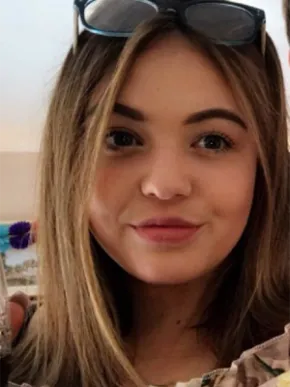How can we ensure children and young people have their voices heard on criminal justice matters?
Pay attention. Genuinely, actually listen to them. No one takes time out of their day to ask young people the questions that matter and to properly listen to their answers. They say they want to hear their voices, but don’t actively listen. There are really good groups out there, like Shout Out in Camden, where young people can go and express themselves and are given a voice, but more needs to be done to put their suggestions, their vision, into action. Having more young people in positions like mine [Peer Advocate] would help, we could put our heads together. All the boroughs need to work together, not do their own thing, that’s really important.
I don’t know all the answers myself! The police and lawyers and everyone involved, even civilians, should take responsibility for answering the question too.
Can you tell me more about your role as Peer Advocate?
I really enjoy the work, and it’s given me loads of opportunities. I got to go to the Houses of Parliament to talk about knife crime. I’ve been to the Royal Free Hospital to give training on safeguarding. I’m working with Kentish Town Police to help them engage with young people, they have a special engagement team. For me it comes down to knowing respect is a two way thing. Also, it makes sense to reach out to groups of young people, not one by one: if you want to teach kids to tie their laces, why teach them one at a time, teach everyone together.
We’re also doing a really exciting new project around participation. The idea is to get children and young people and their families more involved in the delivery of services. For example I was recently involved in interviewing sessional staff for the YOS. It’s really important that people using services have a say in what happens and how the service works. It’s early days, but I’m excited about it.
What’s one thing that’s going well in the youth justice system?
I’ve spoken about the groups and my Peer Advocate role shows me there’s good work being done, but all you keep hearing is ‘knife crime!’ so it’s hard to be positive all the time. Come back to me on that one!
What one thing would you change about how the youth justice system operates?
I think the way young people are spoken to in court needs to change. Things need to be explained or magistrates need to at least check that the young person knows what is being said about and to them. I know magistrates can’t always use simple language but explaining things after can make a difference to the young person and even their parent.

Rosa Bramley is currently a Peer Advocate at Camden Council. She is interested in youth justice issues.